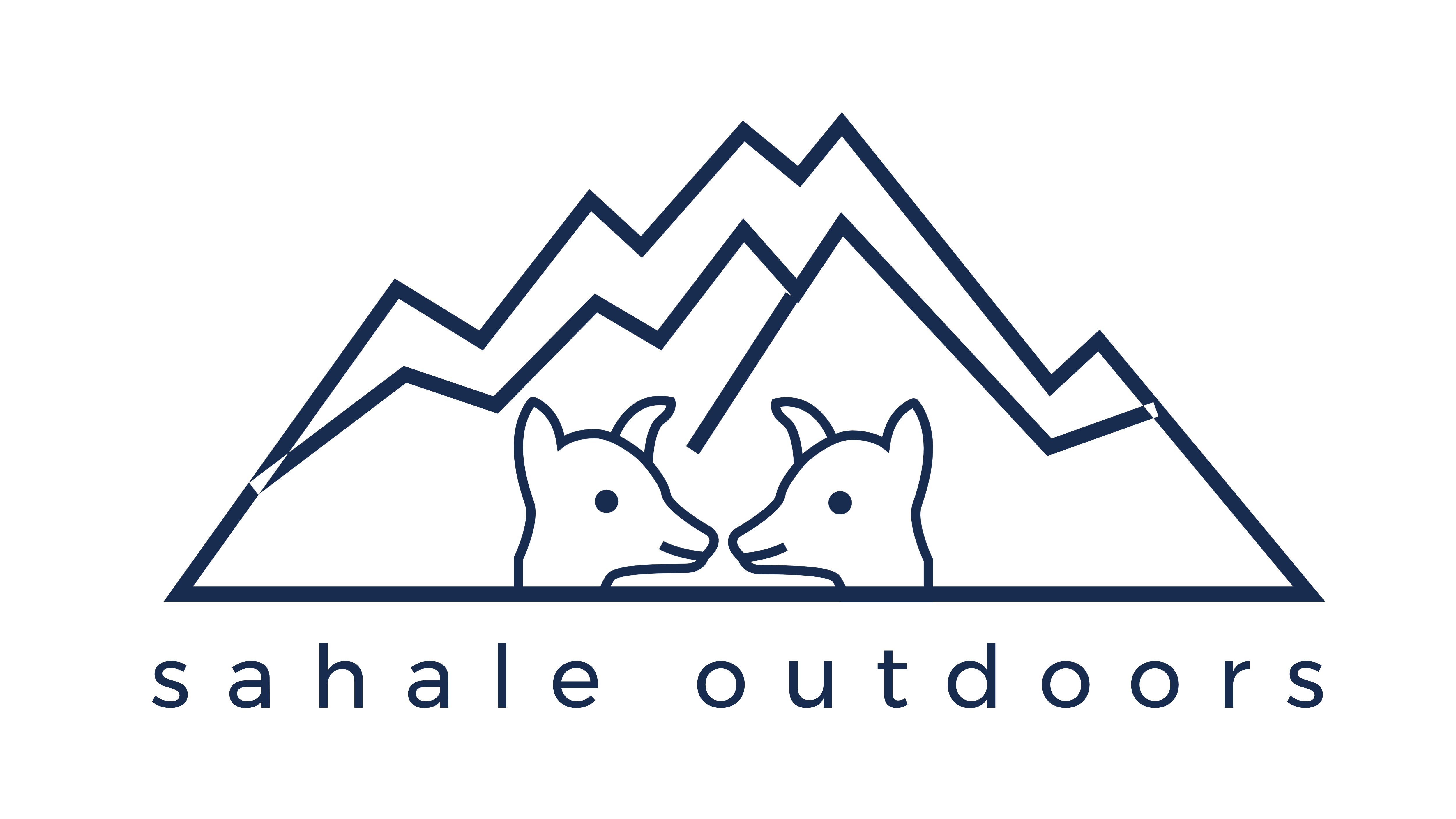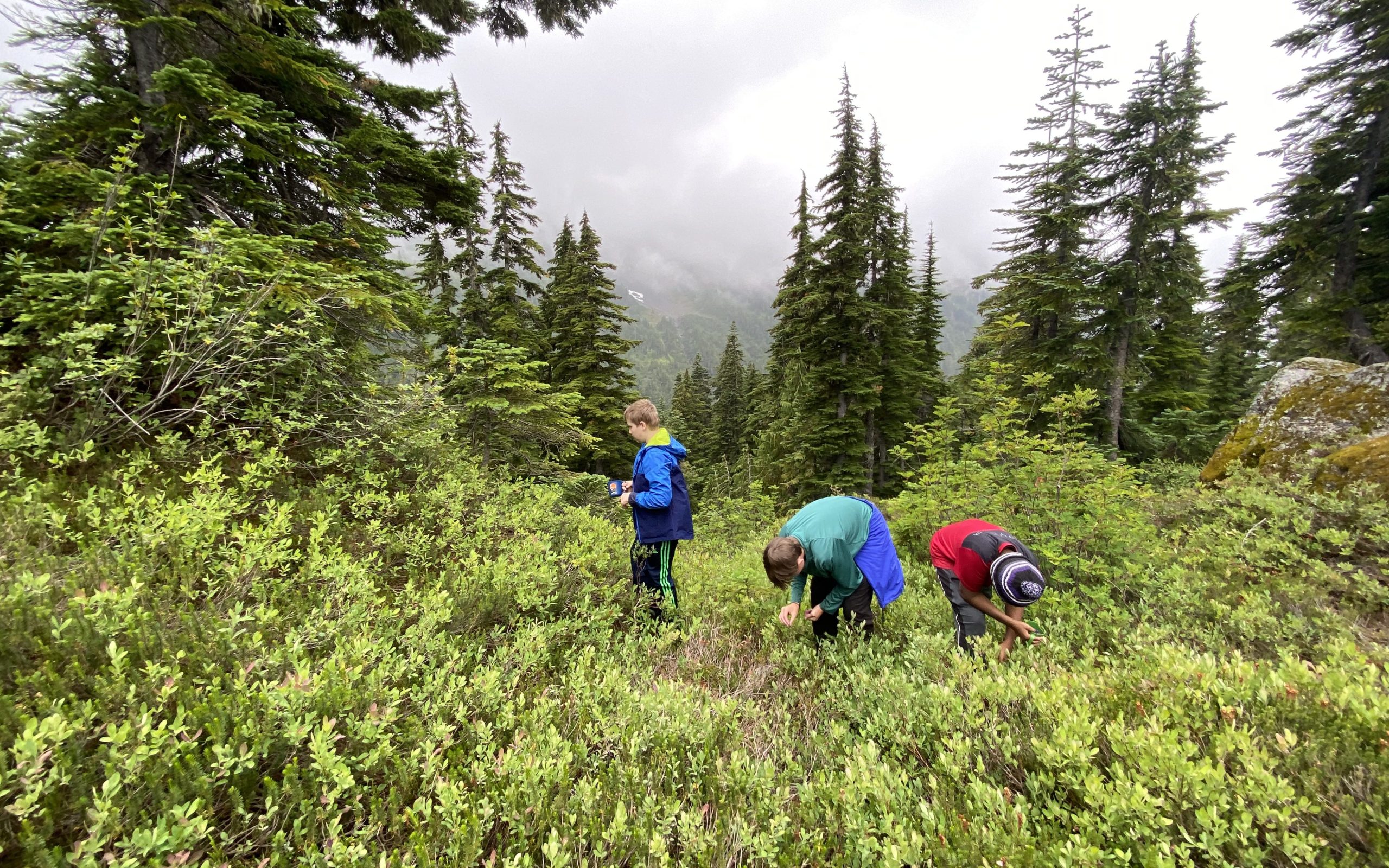
Survival Skills
Survival Skills
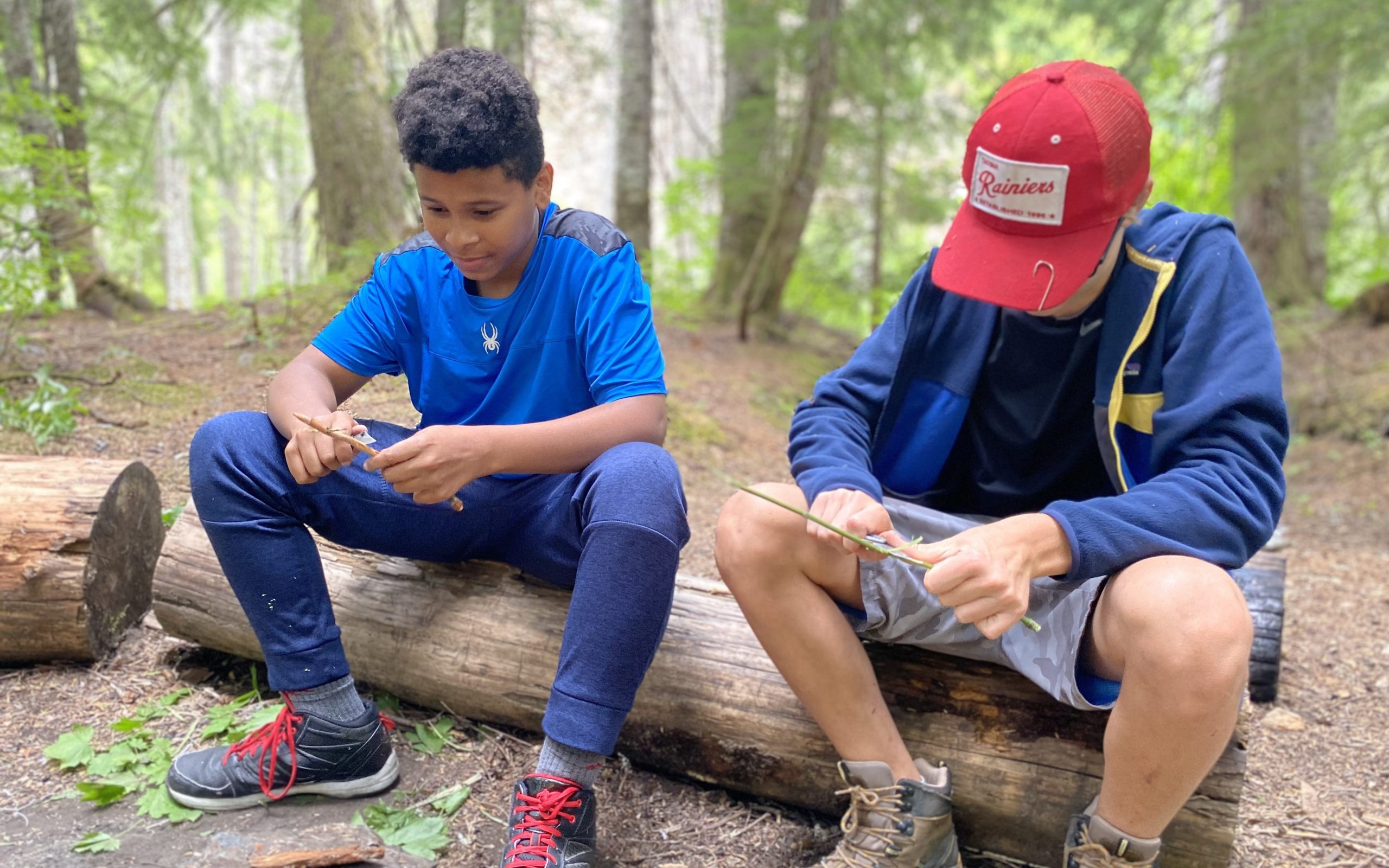
Learn beginning wilderness survival skills on this engaging, hands-on course. From building a shelter in the forest using the resources available, to starting a fire using flint and steel, youth have the opportunity to learn through doing, including spending the night in the shelter they build for themselves. The course will also teach about some of the ways indigenous communities used the land and its gifts to not only survive, but thrive in what we now call the wilderness. Sahale Outdoors will provide supplies in order to facilitate low-impact shelter-building, and all shelters, fire rings, and other camp structures will be dismantled as a part of the course.
Available Trips
Highlights
Bushcraft – Edible Plant ID – Shelter Building
Difficulty Level
Easy: Minimal distance with little to no elevation gain.
Length
Two days
2023 Schedule:
October 21-22
Price: $325
Includes gear rental and all entrance fees, permits, and passes.
Our mission is to make outdoor recreation accessible to all. If you cannot afford the total trip cost right now, please send us a brief message to request a discount form.
Photo Gallery
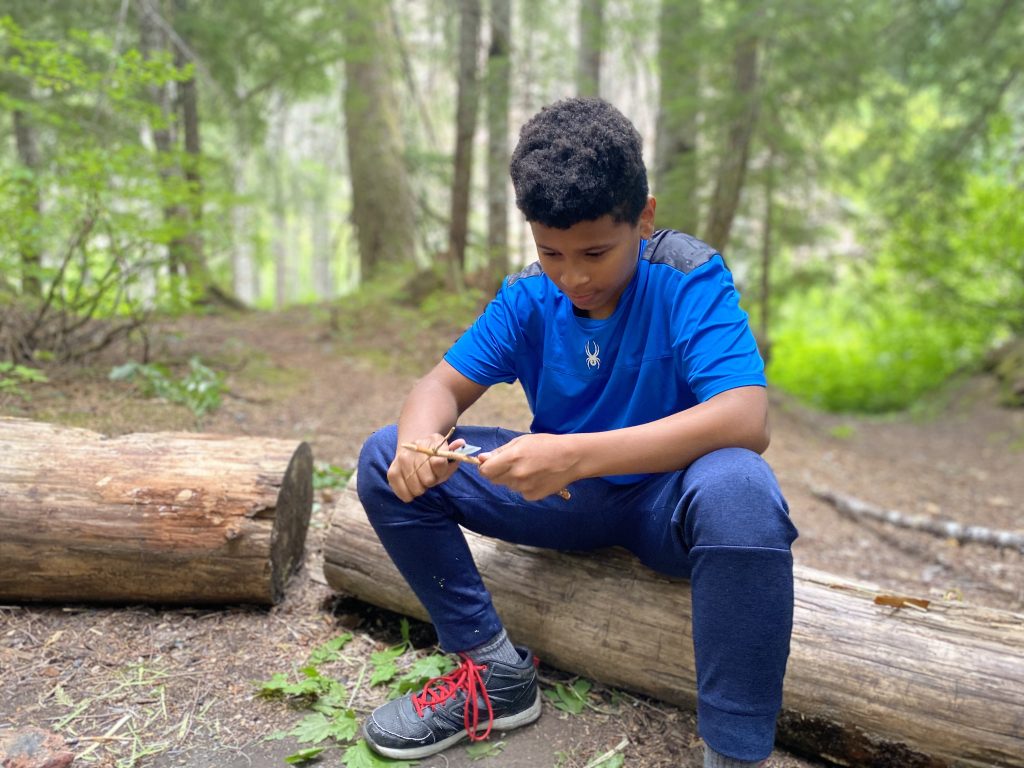
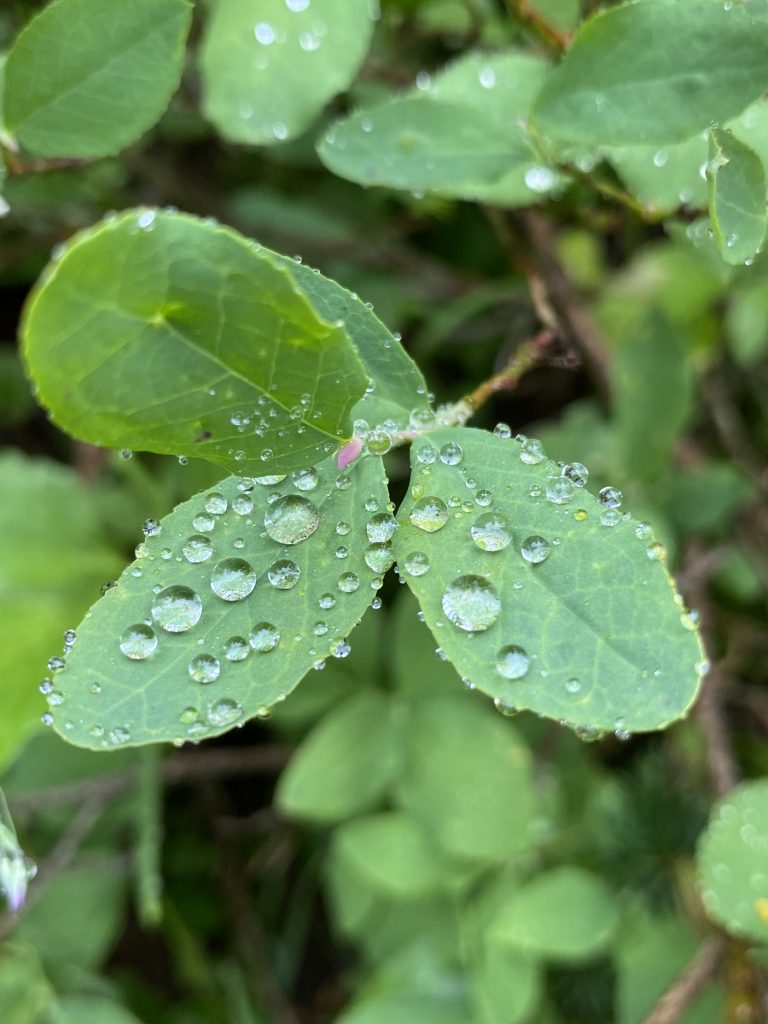
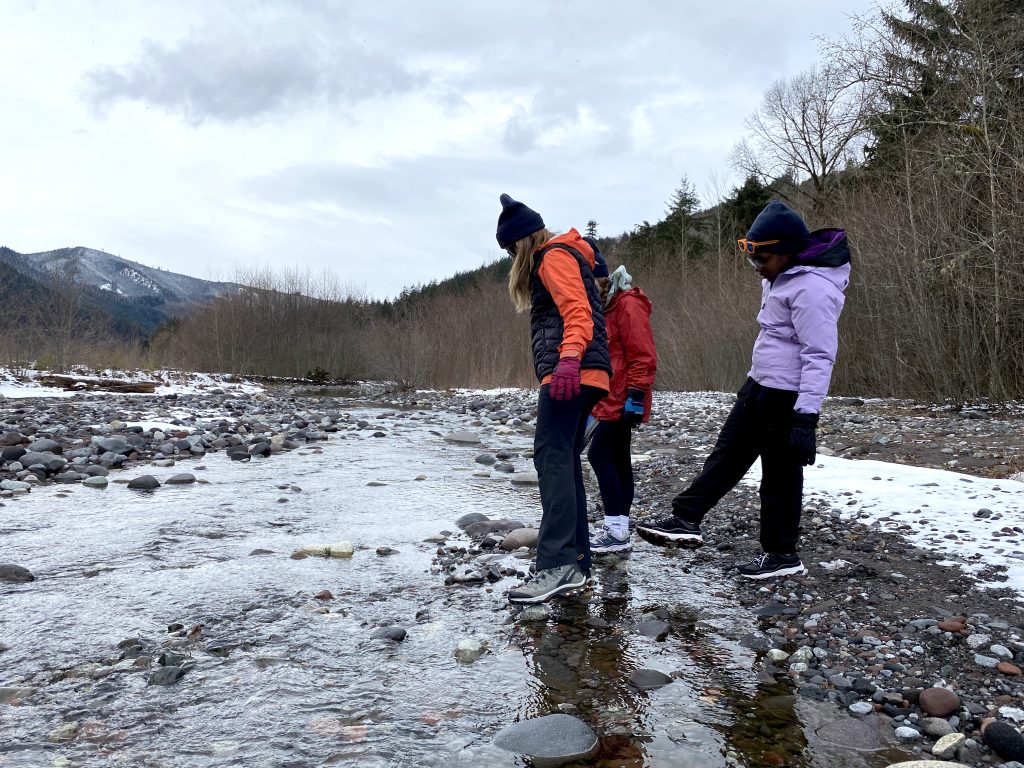
Trip Details
Itinerary
- Day 1: Shelter building, fire starting, and how to find food in the wilderness.
- Day 2: Practice finding the way out of the woods
Learning Goals
- Shelter building
- Plant identification
- Traditional fire starting
- Basic first-aid skills
- Map reading and route finding
- Traditional fishing and hunting methods
Logistics
- Meet Location: Edgewood Community Park, 10301 36th St E, Edgewood, WA 98372
- Meet Time: 8 AM
- Pick-up Location: Same as above
- Pick-up Time: Approximately 4-6 PM, guides will reach out to guardians to communicate ETA
Gear Provided
- Tarps, para-cord, and other materials
- Pocket knives
- Maps and compasses
- Flint and steel
- Sleeping bags
- Two lunches, dinner, and breakfast
- All entrance fees, permits and passes
- First-aid kit and satellite phone
Paperwork
Indigenous Land
Puyallup
“It [Lushootseed] is from the beginning strength of the people, and it is from what the Creator put down upon this land for people…. The earth speaks. The animals speak. Everything has a voice.”
Vi Hilbert, Grandmother Video Project
The Puyallup tribe in their own language call themselves a name that means “people from the bend at the bottom of the river.” They are one of twelve Lushootseed speaking tribes in the Puget Sound region. The language of Lushootseed has vast diversity and multiple dialects, with each group having their own way of speaking. All dialects were to be honored and respected, reflecting the values of Lushootseed culture such as ‘Be kind, be helpful, be sharing.’
The Lushootseed speaking peoples called the mountain that dominated their horizon Tacoma or Tahoma, a word that may have meant “the mother of all waters.” The Puyallup tribe is calling on the state of Washington to rename the mountain from its current official name of “Rainier.”
Today, the Puyallup Tribe is a recognizable force in the fight for tribal rights, and were a significant player in the Boldt Decision of 1974, establishing the rights of Native Americans in Washington State to fish using traditional methods.
~ This information was found on PuyallupTribe.com

